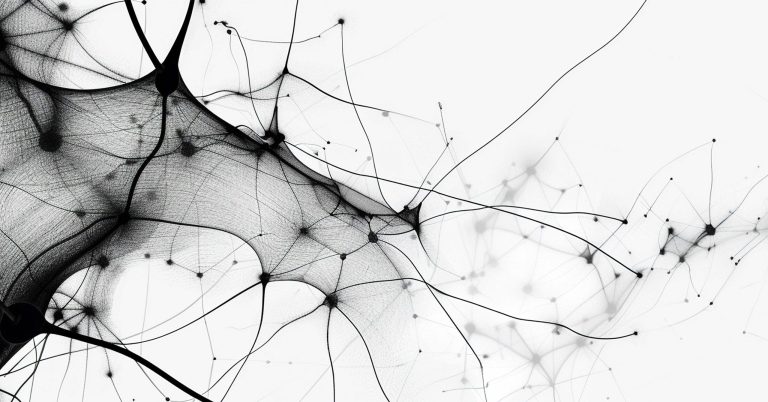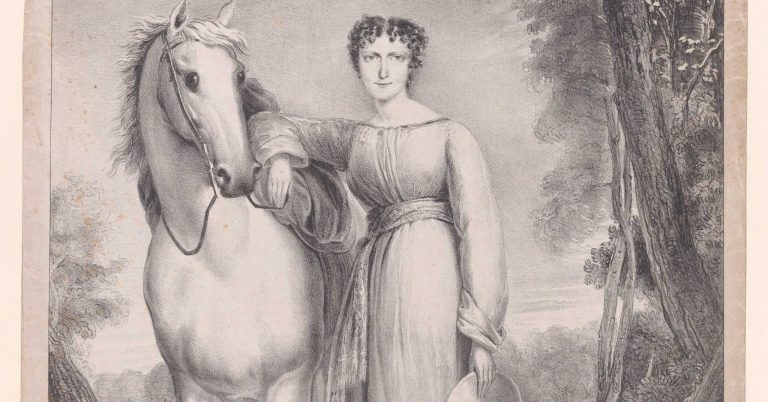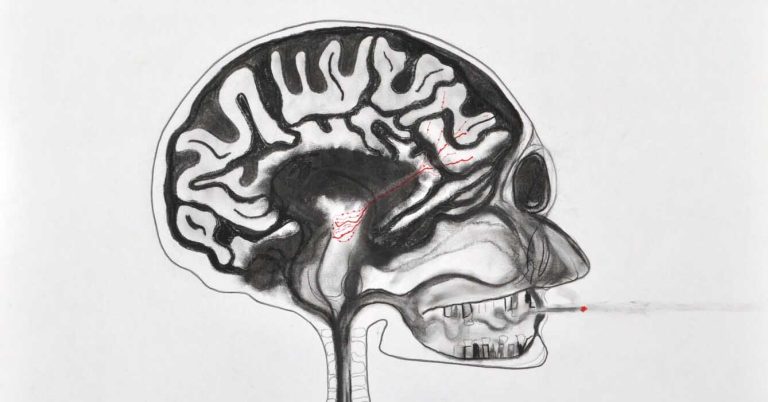
by Sarah Pederson
On the night of 2 April 1911, around 100 suffragettes spent the night sheltering in the Café Vegetaria in Nicholson Street, Edinburgh. Completion of the national census returns for 1911 had been politicised by leaders of the campaign for votes for women, and the Scottish suffragettes joined women all over the country attempting to evade the census. They aimed to send a message to the UK government that, if women did not count, neither should they be counted. While some women managed to completely evade being counted, the public release of the 1911 census returns in 2009 demonstrated that many others had recorded their resistance to government policy and identified themselves as suffragettes in their return.
Over 100 years later, a group of Scottish women once more attempted to use the census to send a message to the government – this time the government in Holyrood led by First Minister Nicola Sturgeon. Channelling their foremothers, the campaign group For Women Scotland encouraged gender-critical Scots to use their census returns to register a protest at guidance relating to the Sex question in the census and about government plans to reform the Gender Recognition Act later that year. There was an explicit reference to the suffragettes in their call for action – ‘Just as we can see the Suffragettes’ protest messages on the 1911 census, in a hundred years our granddaughters or great-granddaughters will be able to see that we also stood up.’
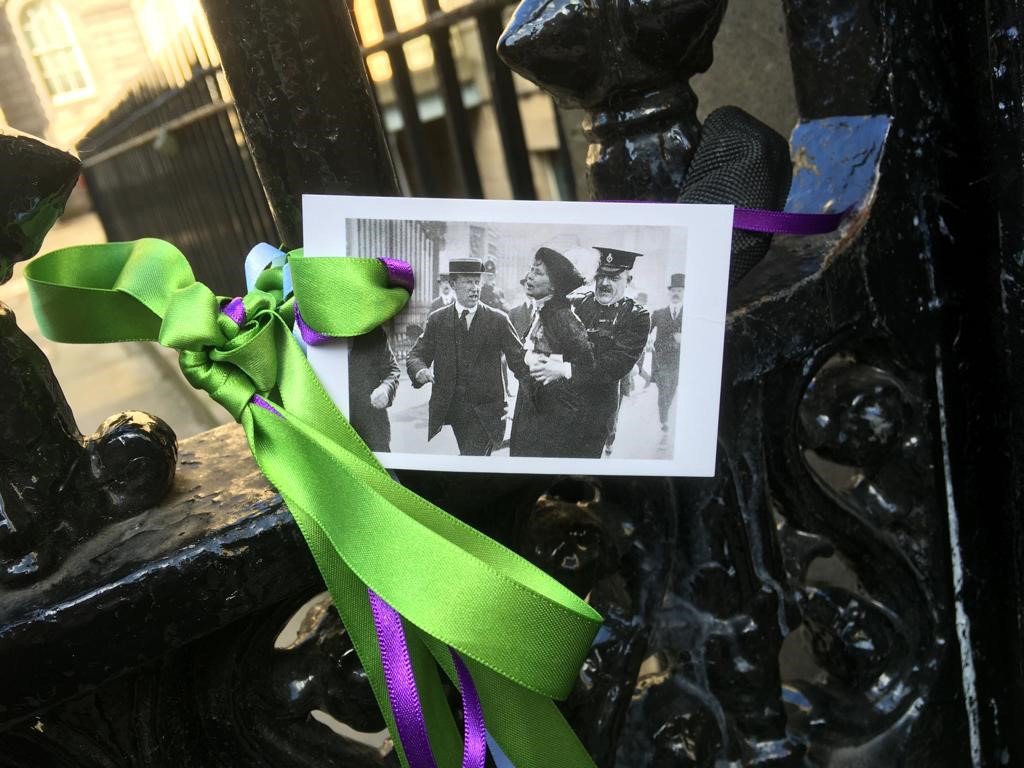
Aiming for a collective response, protesters were encouraged to ask for a paper census form and to write ‘believer in biology’ in their response to the religion question. There was also encouragement to disrupt the administration of the census and make gender-critical opinions clear through creative uses of ribbon and glitter in the suffragette colours of green, white and purple and folding the form multiple times to make it difficult to be machine-read. In the UK, gender-critical women often make use of the suffragette as an aspirational figure, for example in poster names on Twitter or Mumsnet, as a way of imbuing their cause with history and legitimacy.
Given my interests in both the Scottish suffragettes and the campaign against the proposed reform of the Gender Recognition Act the opportunity to investigate a modern feminist protest via the census was not to be missed. I released a survey on the day the census finally closed, asking those who protested what they had done and why they had done. Over 600 responses inform my article for Scottish Affairs this month.
My research demonstrates the depth of feeling behind the protest. Historians suggest that participation in the action against the census in 1911 was of profound psychological and symbolic importance to the women involved. It is clear that this is also true of the participants in the 2022 protest. They made use of this official, civic moment to send a message to the Scottish Government, and this message was driven by a tremendous anger and frustration because they felt that their concerns about GRA reform were not being listened to.
Unlike the 1911 protest, however, data-protection policies mean that the 2022 census forms will not be archived and available for tomorrow’s historians. The use of ‘Believer in Biology’ will be recorded, and it will be very interesting to see how many used this formulation when figures for responses to the Religion question are released. But the decorations, glitter, ribbons and drawings will have disappeared. That is why it is important to preserve at least a flavour of these protests via this project.
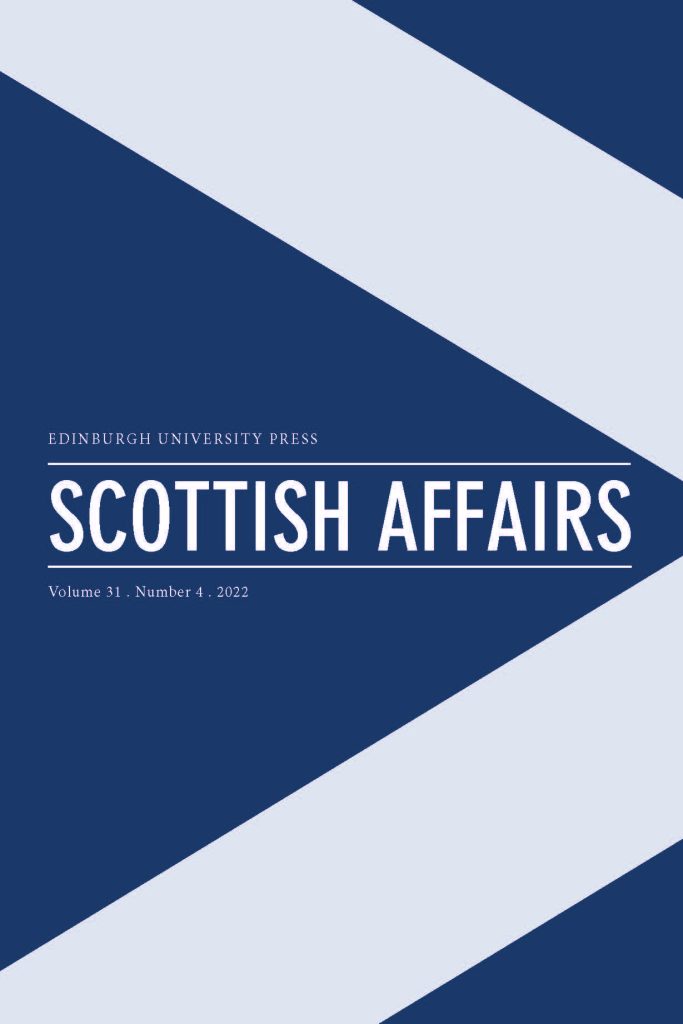
About the journal
Scottish Affairs is Scotland’s longest running journal on contemporary political and social issues and is widely considered the leading forum for debate on Scottish current affairs. Articles provide thorough analysis and debate of Scottish politics, policy and society, and is essential reading for those who are interested in the development of Scotland.
Find out how to subscribe, recommend to your library, and sign up for Table of Contents alerts.
About the author
Sarah Pedersen is Professor of Communication and Media at Robert Gordon University, Aberdeen. Her research focuses on women’s use of the media for political purposes, using both historical and contemporary sources. She is the author of The Scottish Suffragettes and the Press (Palgrave Macmillan 2017) and The Politicization of Mumsnet (Emerald 2020).


